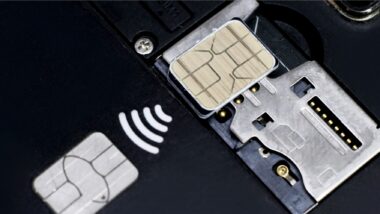If ever there was a soundbite to make an audience of telecoms folk sit up and take notice it was this: between now and 2050, three quarters of new mobile customers will come from emerging markets. This was the prediction outlined by Manoj Kohli of Bharti Airtel in his keynote address to MWC delegates in a session which examined how to approach the challenge of connecting the developing world to the internet.
Mr Kohli then went on to say that much of the developing world will skip the fixed-line and DSL revolution altogether, opting for mobile broadband because the infrastructure is already more advanced. Mobile in the developing world is already booming, with a number of impressive statistics providing proof of its growth. For example, seven of the world’s top 10 countries for use of Facebook on mobile are in Africa (including Swaziland, Namibia and Botswana). But if mobile is to power the next wave of internet adoption, it will need to overcome a handful of significant hurdles.
The first of these, according to Dr. Nasser Marafih of newly-rebranded Ooredoo (formerly QTel) is literacy in many of these regions. Only 23% of people in the Middle East and North Africa region (MENA) are literate, which places a great barrier between them and technology, and also limits the benefits they could gain. Similarly, a lack of locally-relevant apps and content is holding back smart phone adoption in these areas. The latter of these problems is easily addressed by forging closer links with local developers and content providers, but the first is a longer-term goal which will need to be prioritized by governments.
It will also require creating new devices and services designed specifically to suit the digital infrastructures of emerging nations. Nokia CEO, Stephen Elop, discussed the Xpress browser, which keeps 90% of data on the cloud, which means pages load much faster and browsing doesn’t drain the battery. He also underlined the importance of quality rather than quantity when it comes to apps.
Gary Kovacs, CEO of Mozilla, aptly summed up the challenge awaiting carriers, manufacturers and other companies in the telecoms space. The internet has taken 22 years to add its first two billion users, but the next two billion will arrive in the next five years. If the mobile industry can offer a service which caters to the needs of emerging markets, the vast majority of these will be on mobile.


